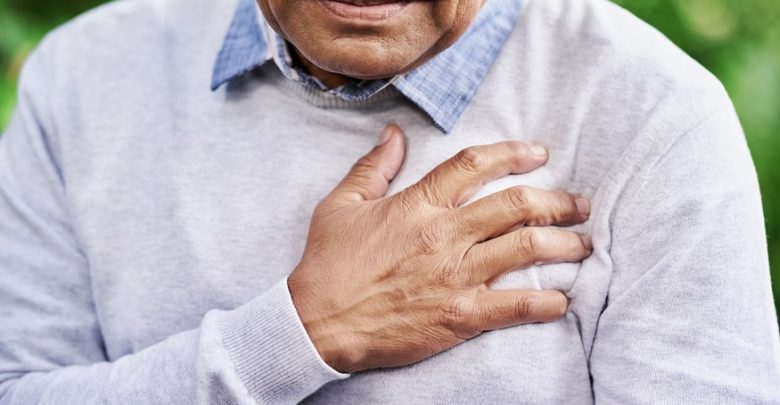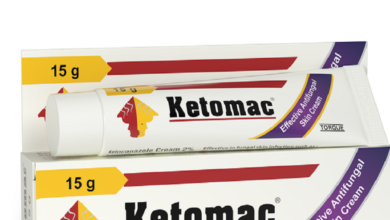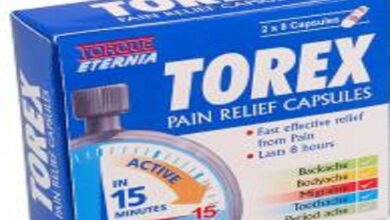What are the 4 Signs your Heart is Quietly failing?

The heart is one of the vital-organs of a body like the respiratory system. If one can’t breathe, one can’t live. Similarly if the heart doesn’t beat one can’t survive. Heart quietly fails if it gets damaged. Damage also affects the pumping ability of a heart which could be fatal.
The damage does not occur in one day; it gradually makes your heart weak. Mostly it starts from any artery disease or sometimes heart attack. Whose reasons could be high B.P, faulty valves of the heart and sometimes genetic issues or history? No matter who the culprit is if your heart can’t work properly, it can’t fulfil the oxygen demand of the body.
There are different sorts of heart problems that exist, but not all of them come with clear warning signs. You may even not feel chest pain just like we see on television screens. Some heart problems show little signs that it becomes difficult to recognize what is going on in your body until you get yourself properly checked.
If you’re older than 60, overweight, diabetic, high cholesterol, or high B.P., you should get yourself checked in Covid free Hospital once in a while to prevent any hazardous after effects. To know whether you are prone to any heart disease watch out for following signs.
Fatigue:
When your heart is quietly failing, that means your heart can’t do its job properly, i.e., not pumping the blood the way it should. Because of bad pumping, it would not be able to provide a good or enough amount of oxygen-rich blood to fulfil needs of the body, and a body wouldn’t be able to make enough energy. Therefore, you will feel a constant sense of fatigue and tiredness.
Because the body of an affected person diverts the blood of less vital organs away (for example muscles of limbs) and towards vital organs like heart and brain to keep them working properly.
A person will feel tired all the time; they will suffer from activity limitations. He or she will not be able to do daily chores like simply walking, doing groceries, shopping or climbing stairs.
Shortness of breath:
The second most important symptom is shortness of breath. It happens because, in our lungs, there is a fluid that makes it easy to exchange used blood carbon dioxide with fresh oxygen. When your heart does not work properly, the similar fluid makes it difficult to exchange both of them.
Also due to lack of supply, the blood makes a backup in the vessels which are responsible for making the blood return to the heart from the lungs (known as pulmonary veins). This back makes fluid leak to the lungs and cause damage to a person’s body.
So your breathing becomes difficult, and it becomes harder for you to move around. Due to this condition, you may also feel anxious, tired and restless even when you had a good sleep. Shortness of breath is experienced both during activity and while laying down.
This condition is more prominent while you lay down for rest (It occurs suddenly and would wake you up) because while lying down the lung’s fluid moves to the torso from below the lungs. To ease up condition, sometimes people normally put their head on two pillows and prop up the upper body.
Swelling in Joints:
When the heart is quietly failing the body responds accordingly. One of the conditions is Edema. In this condition, certain parts of your body suffer from swelling especially in legs, feet (your normal shoe size may feel tight), and ankles. Some people also have reported swelling in the abdomen and sudden weight gain.
The weight gain happens because of the excess buildup of the fluid. That is when blood from the heart flows out the returning blood or the used blood tries to back up in the veins from lower extremities causing the buildup and swelling in the tissues.
In Edema, the kidneys also do not work properly. They are not able to dispose of the water and sodium the way it should. Consequently, fluid retention increases and causes problems in your feet, joints and abdomen.
Congestion:
Just like fluid build that makes you suffer from shortness of breath also causes congestion. The buildup of fluid in the lungs causes consistent coughing and sneezing. This coughing and sneezing are often paired with pink (blood-tinged) or white-colored mucus. This congestion adds to breathing difficulty.
Things to Avoid:
If you are suffering from heart-related diseases, be careful while going for self-medication. People who suffer from heart disease usually take multiple types of medicines. Medications that you should avoid are NSAID (Nonsteroidal anti-inflammatory drugs that are mostly painkillers like ibuprofen), cold remedies, heartburn remedies, and some of the herbal remedies.
These above-mentioned signs are the main ones, and if you feel that you are suffering from them, then seek medical attention and go visit a cardiologist also remember, but they are not solely diagnosing the failing heart. If it is only one sign, then it should not worry you, because these symptoms often come together, not all, but some of them for sure.




